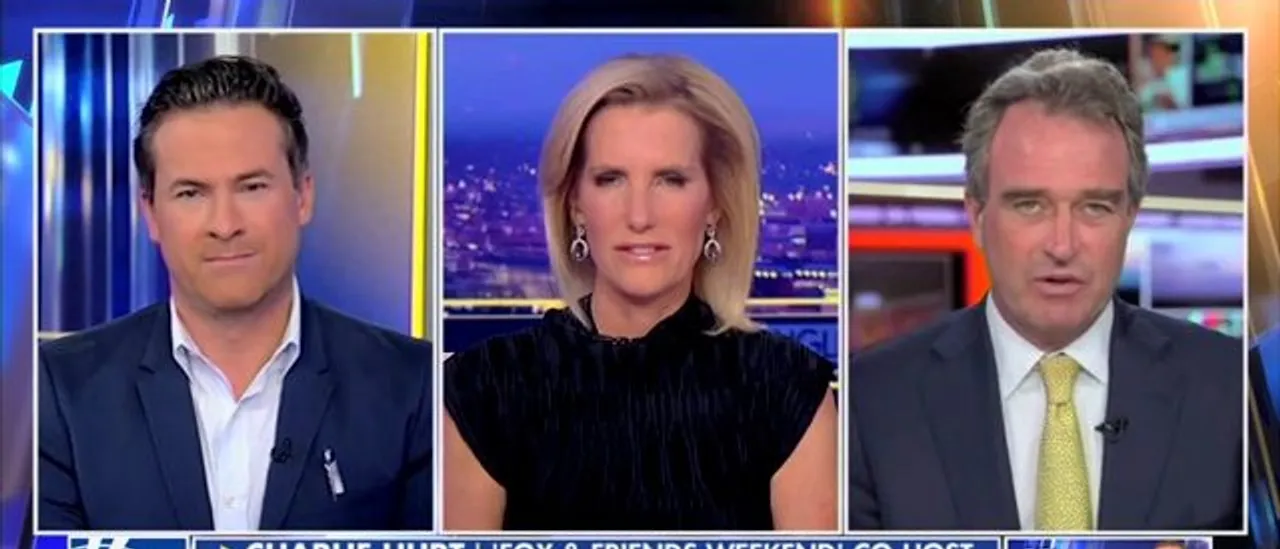California Governor Gavin Newsom’s initiative to hold a special election regarding gerrymandering in the state is projected to cost taxpayers over $200 million, as outlined in a memo from a Republican legislator. Newsom made this announcement at the Japan-American National Museum in Los Angeles, stating that Democrats aim to remove around six Republicans from the House. Congressional Republicans estimate that managing the election for statewide districts could push costs to at least $235.5 million, which comprises $31.1 million for the Secretary of State and about $204.4 million for county management of the votes.
This financial projection echoes the 2021 California Governor Recall Election, which incurred costs around $200 million. The expenses then included $22.2 million for voters, $174.1 million for county administrative costs, and $26.2 million for the Secretary of State. Interestingly, since the recall election, rising postage fees and the growing number of registered voters could contribute to even higher costs. The memo notes that inflation on wages, benefits, materials, and communications is up by at least 16% since 2021.
In that same year, Newsom signed Assembly Bill 37, which mandates that counties offer mail-in voting for all active registered voters. From that point, postage rates surged by 34.5% for the first ounce and by 45% for added ounces; postcards, too, saw a significant increase, rising by 52.5% since 2021. As of February, there was a 3.83% increase in registered voters in California, largely due to the implementation of mandatory mail-in voting.
However, Republicans are cautioning that by this November, additional registrations, continued inflation, and potential lawsuits could lead to rising costs, particularly if communication and outreach strategies are needed. In a press statement from July 29, California Republican Congressman Carl Demaio highlighted that taxpayers might face costs close to $250 million due to potential legal fees, inflation, and zoning considerations.
This push to expel Republicans stems from Newsom’s concerns about Texas’ election efforts that he claims threaten democratic values. As the special election date of November 4 approaches, voters must decide whether to transfer their redistricting authority from the Independent Commission back to the state legislature. Recent polling indicates that 64% of Californians prefer maintaining independent redistricting, with only 36% in favor of giving that power to the state legislature.
Moreover, while opposition to transferring district control grows, California is also grappling with an estimated $20 billion deficit. This comes after Democrats reassured that the state would only be facing a $12 billion deficit prior to the drafting of the 2025-26 state budget.
When asked about the costs associated with the special elections, Newsom responded at a recent press conference, emphasizing that California will cover these expenses. He stated, “There’s no price for democracy.”







